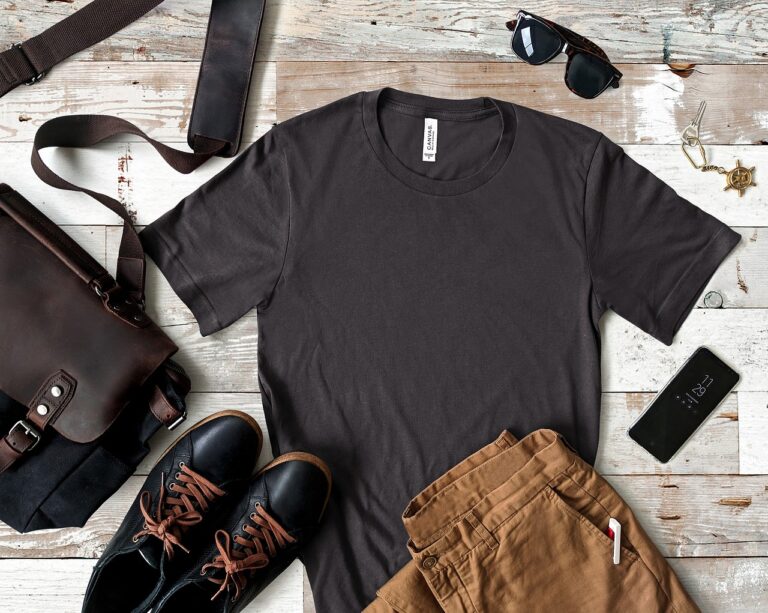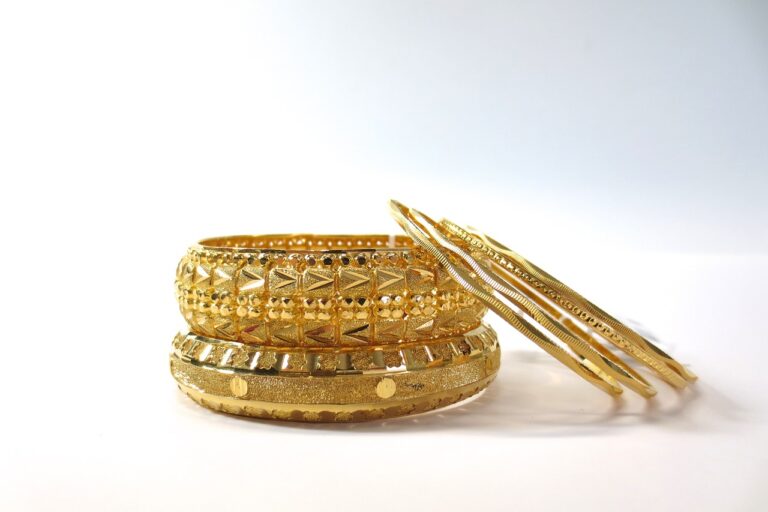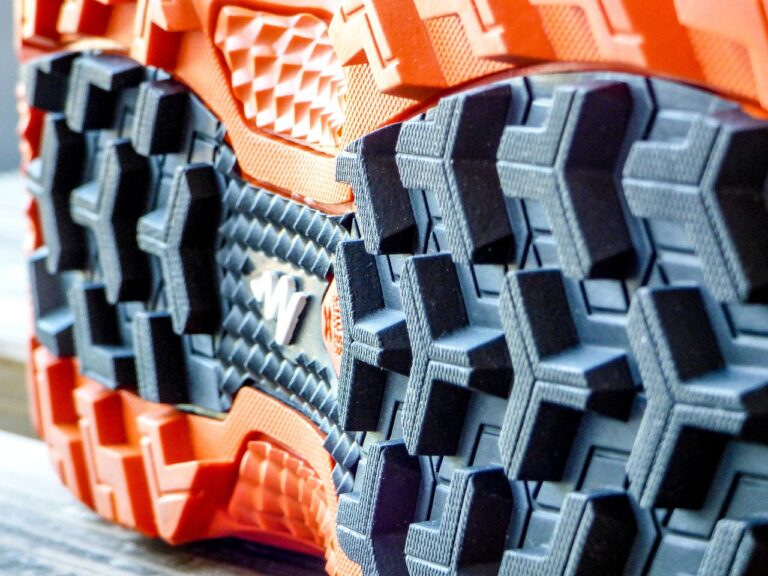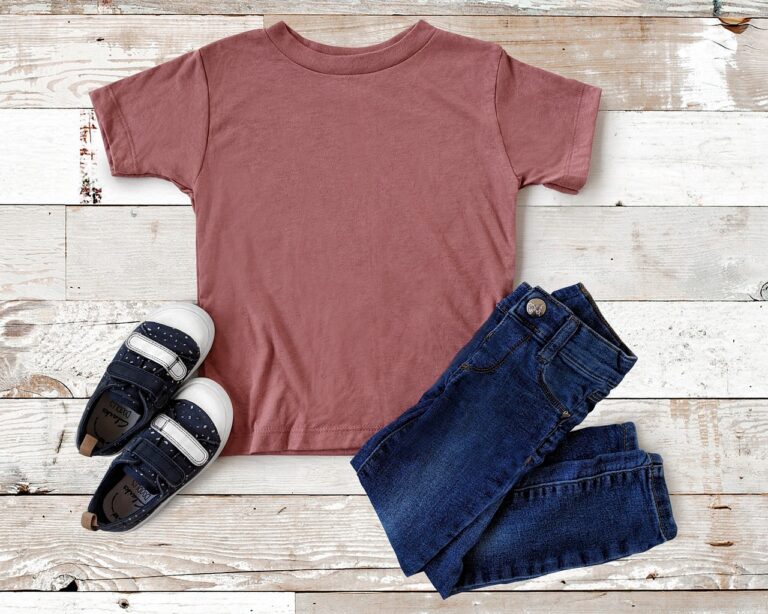Fashion and Sustainable Agriculture: Clothing Made from Hemp, Bamboo, and Other Eco-Friendly Fibers
Eco-friendly fibers in clothing production offer numerous advantages for both the environment and consumers. Using sustainable materials such as organic cotton, bamboo, or recycled polyester reduces the carbon footprint of the fashion industry and minimizes the use of harmful chemicals in manufacturing processes. Additionally, these fibers are often biodegradable, contributing to the overall goal of reducing waste in the fashion sector.
By incorporating eco-friendly fibers into clothing production, fashion brands can improve their reputation and appeal to a growing segment of environmentally-conscious consumers. These sustainable materials provide a unique selling point for brands, showcasing their commitment to ethical practices and ecological responsibility. As more consumers prioritize sustainability in their purchasing decisions, the use of eco-friendly fibers becomes not only a benefit to the environment but also a competitive advantage for companies in the fashion industry.
The Rise of Sustainable Fashion in the Industry
As consumer awareness about the environmental impact of the fashion industry grows, there has been a noticeable shift towards sustainable fashion practices. This movement towards more eco-friendly and ethical production methods has been embraced by both large fashion houses and independent designers alike. By prioritizing sustainable materials, reducing waste, and promoting fair labor practices, these fashion brands are leading the way towards a more responsible industry.
The rise of sustainable fashion is not only a response to consumer demand but also a reflection of a broader shift towards conscious consumerism. Today’s consumers are increasingly looking for products that align with their values, including a concern for the environment and social justice. As a result, sustainable fashion has gained traction as a viable alternative to traditional fast fashion, prompting more brands to adopt eco-friendly practices in order to stay relevant in the ever-evolving industry.
• Sustainable fashion practices prioritize the use of eco-friendly materials
• Reduction of waste is a key focus for sustainable fashion brands
• Fair labor practices are promoted by ethical fashion companies
• Consumer demand plays a significant role in driving the shift towards sustainable fashion
• Conscious consumerism is on the rise, leading to an increased interest in environmentally friendly products
• Traditional fast fashion brands are facing pressure to adopt more sustainable practices to remain competitive
Exploring the Versatility of Hemp in Clothing Design
Hemp is gaining popularity in the fashion industry for its versatile qualities that make it an ideal material for clothing design. Not only does hemp have a minimal environmental impact as it requires far less water and pesticides to grow compared to conventional fibers, but it is also known for its durability and breathability, making it perfect for creating sustainable and long-lasting garments.
In addition to its environmental advantages, hemp fibers are also incredibly versatile in terms of design possibilities. Hemp can be blended with other fabrics such as cotton or silk, adding unique textures and properties to the final garment. Its strength and flexibility allow for the creation of a wide range of clothing items, from soft and comfortable everyday essentials to more structured pieces with a modern aesthetic.
What are some key benefits of using eco-friendly fibers in clothing production?
Eco-friendly fibers, such as hemp, are sustainable, biodegradable, and require fewer resources to grow compared to traditional fabrics like cotton. They also have a lower environmental impact.
Why is sustainable fashion becoming more popular in the industry?
Consumers are becoming more conscious of the environmental and social impact of their purchases. This has led to a growing demand for sustainable fashion options, prompting brands to adopt more eco-friendly practices and materials.
How versatile is hemp in clothing design?
Hemp is a highly versatile fiber that can be used to create a wide range of clothing items, from durable denim jeans to soft and breathable t-shirts. Its natural properties make it ideal for both casual and high-end fashion pieces.







